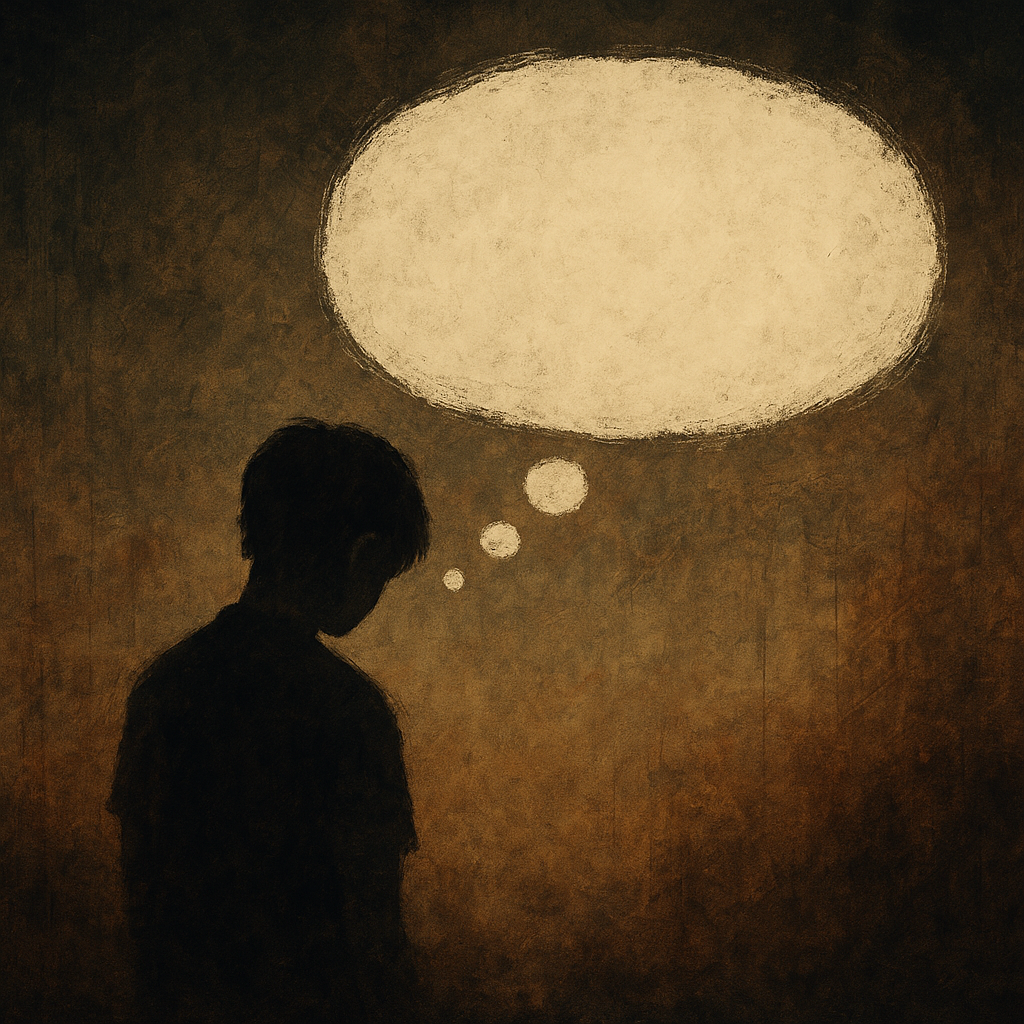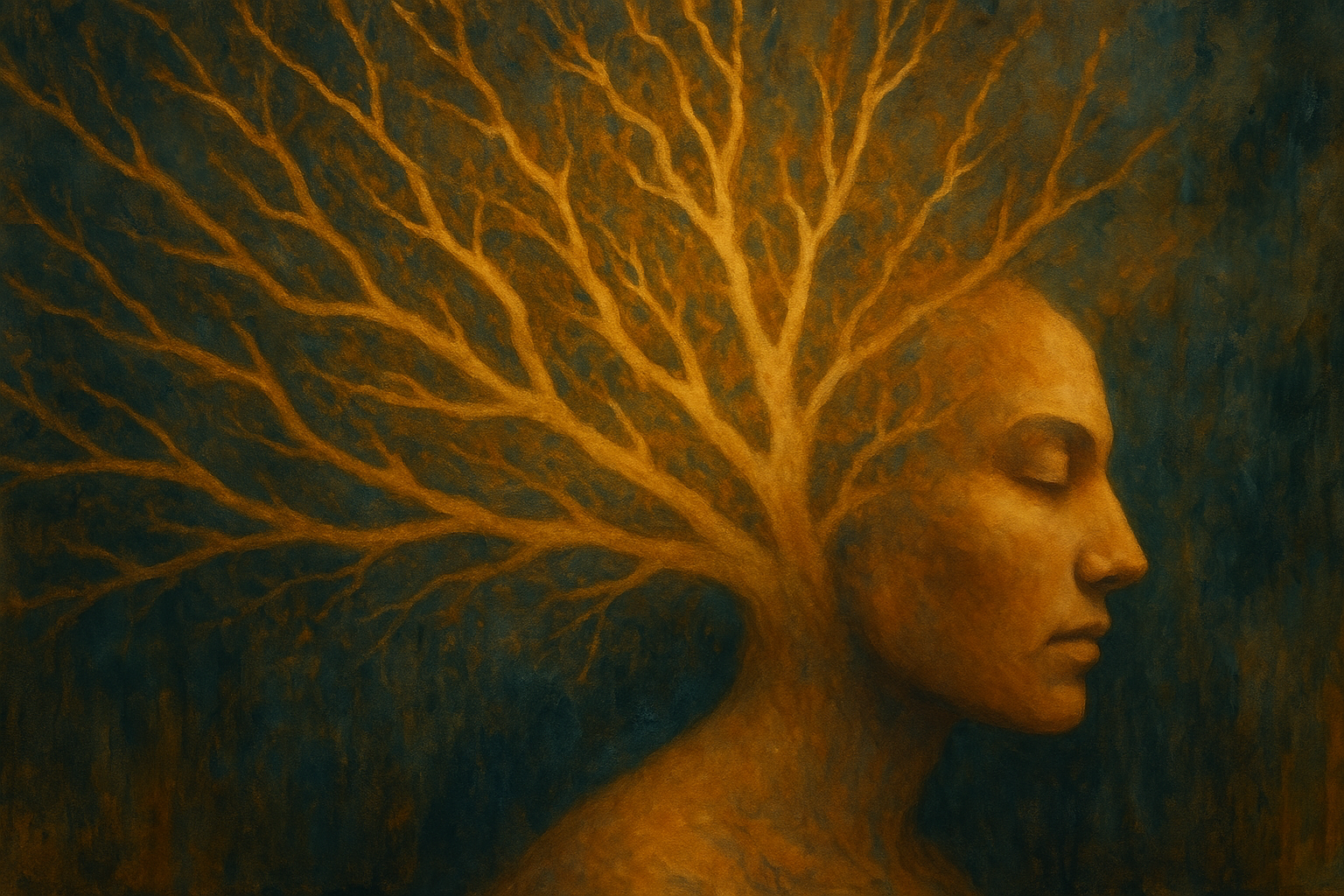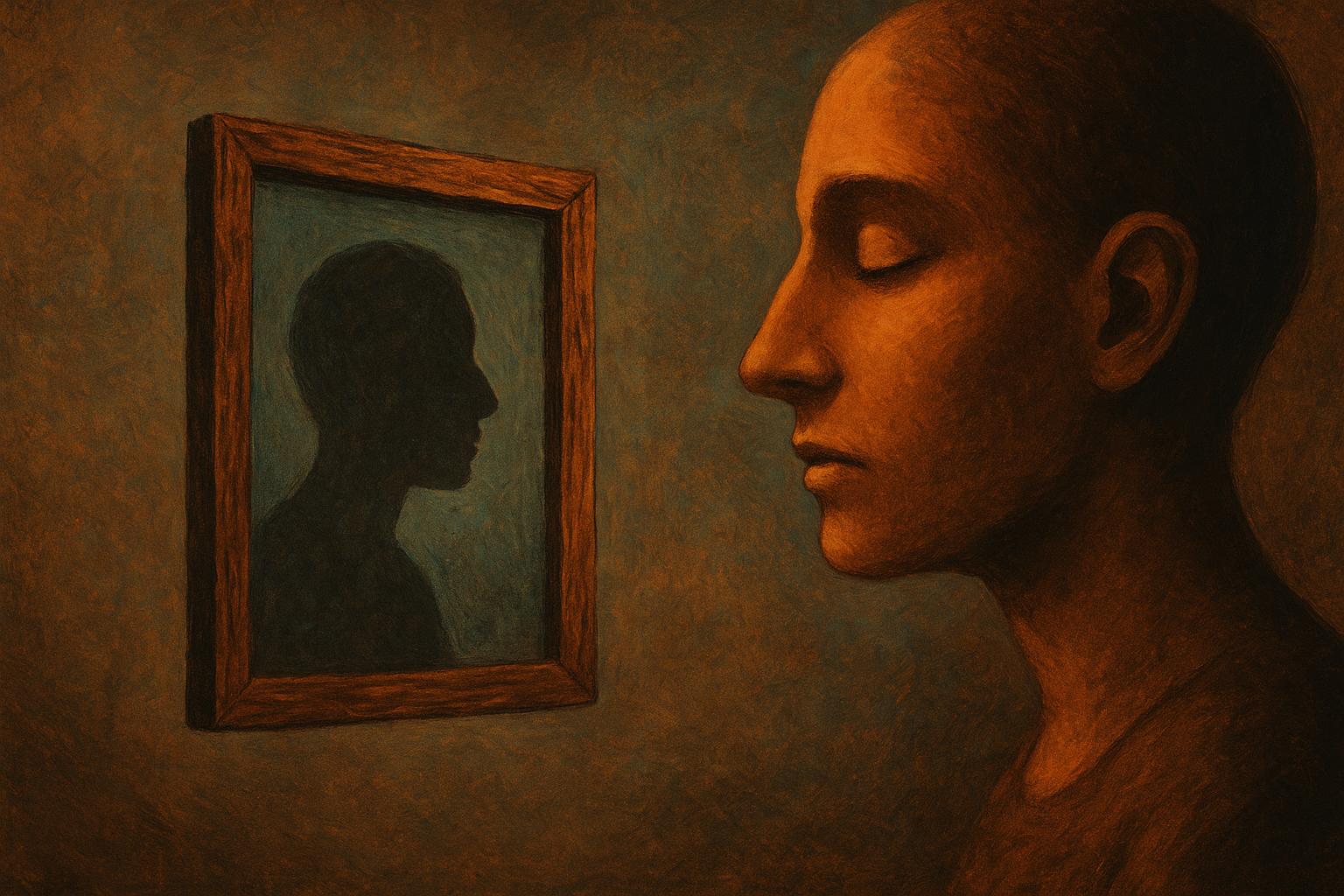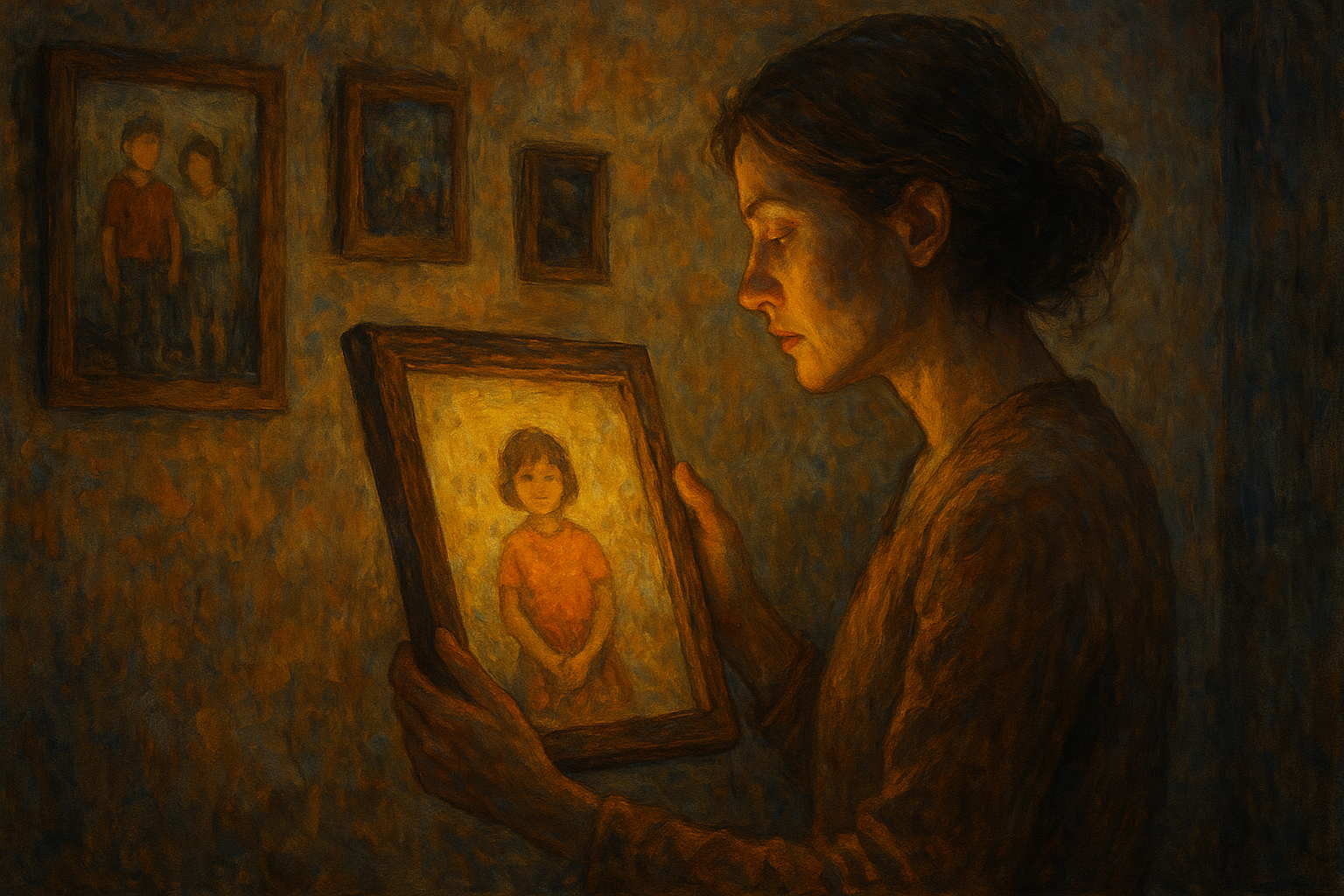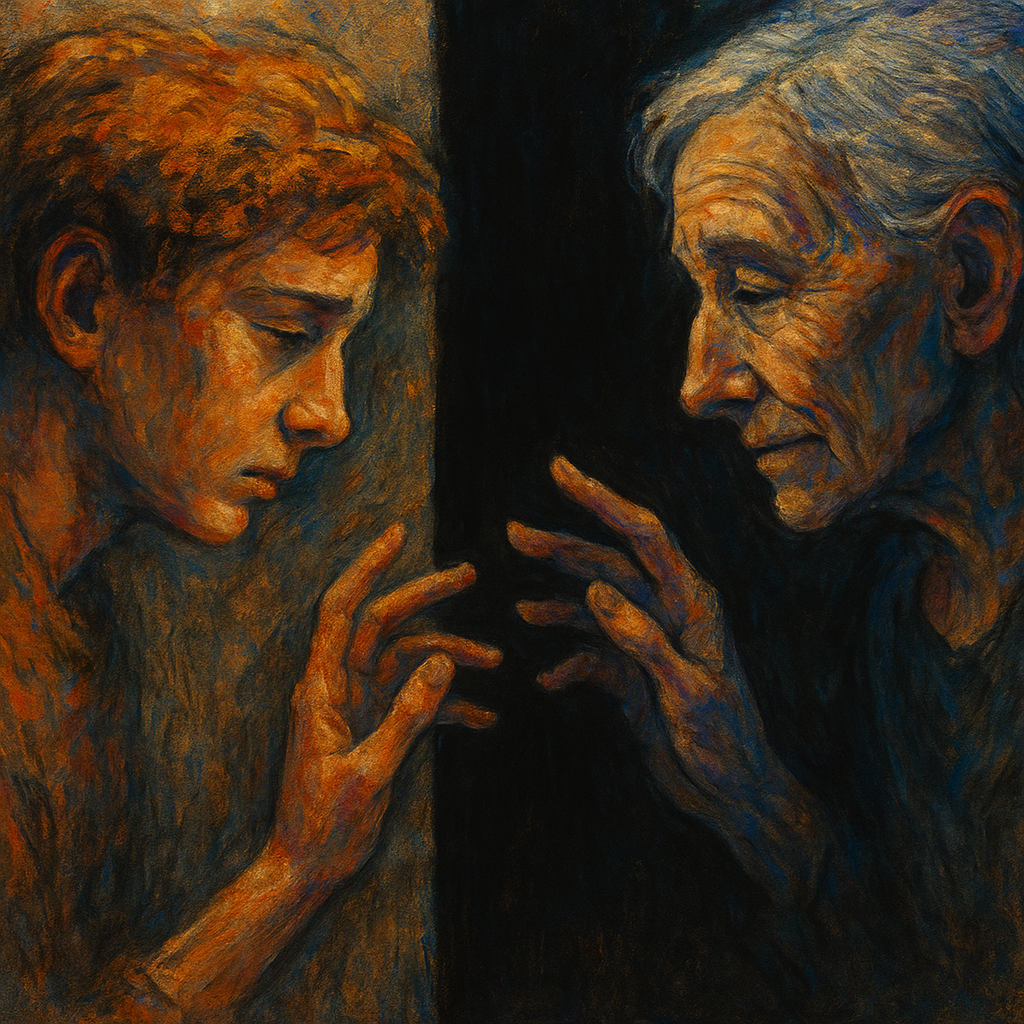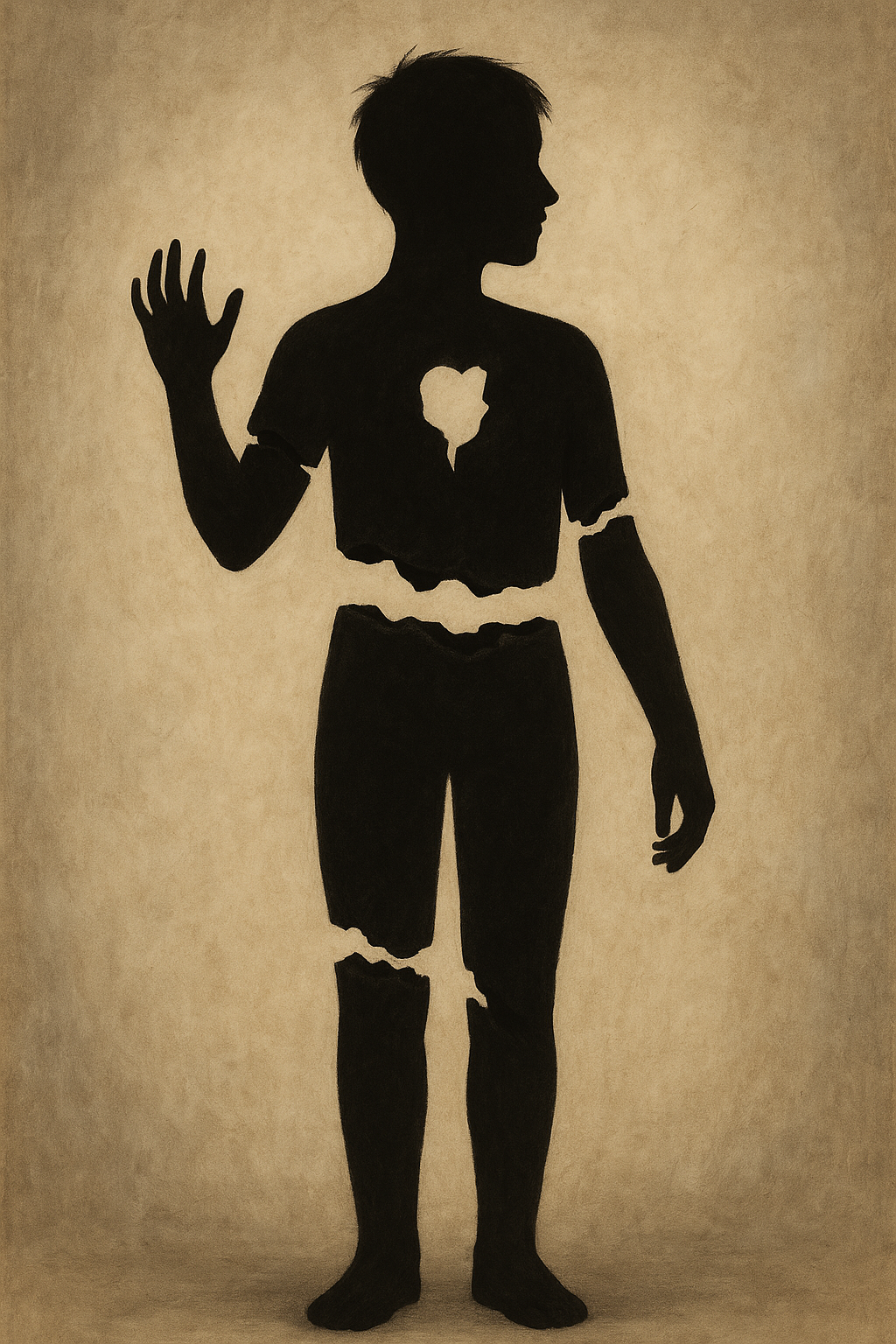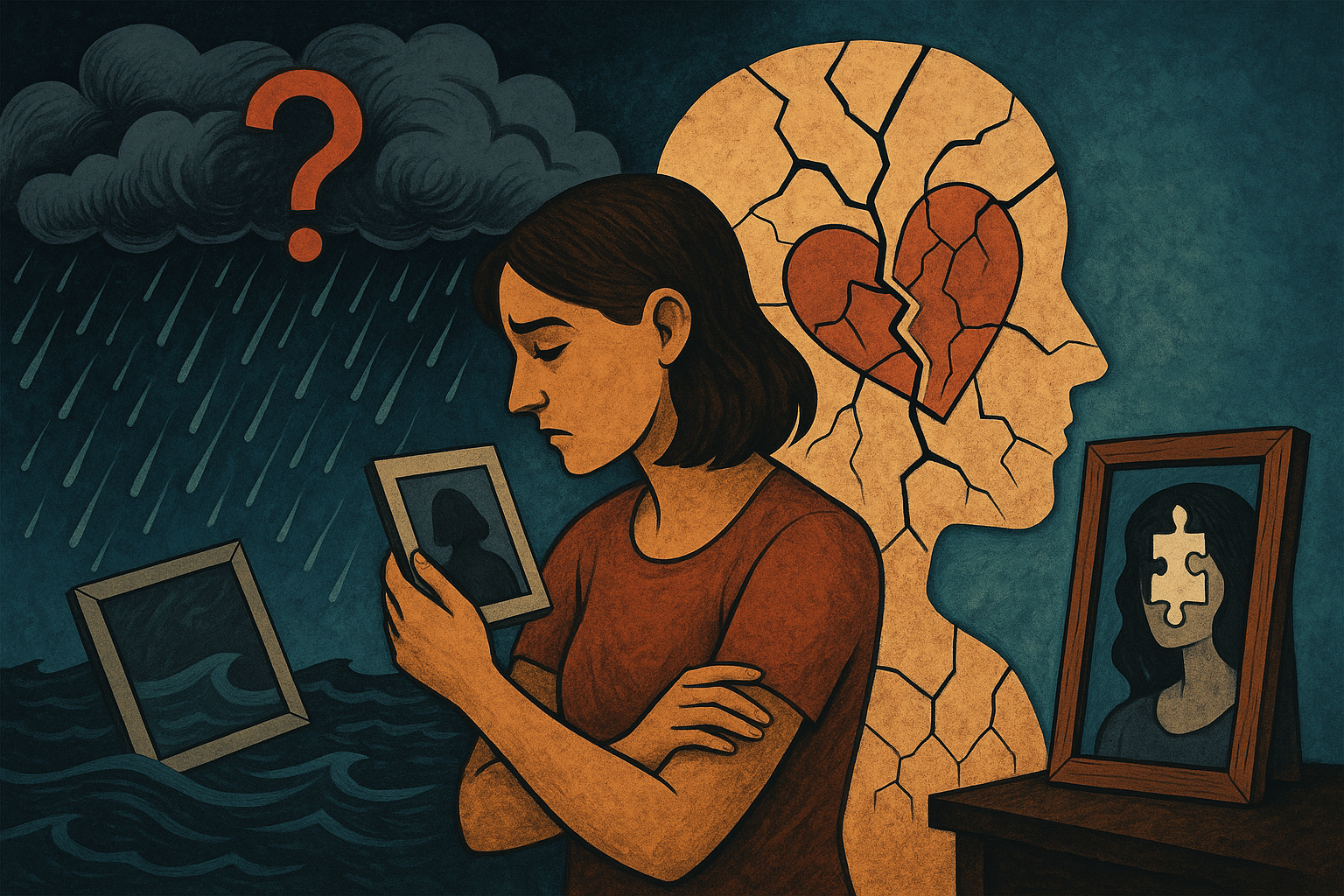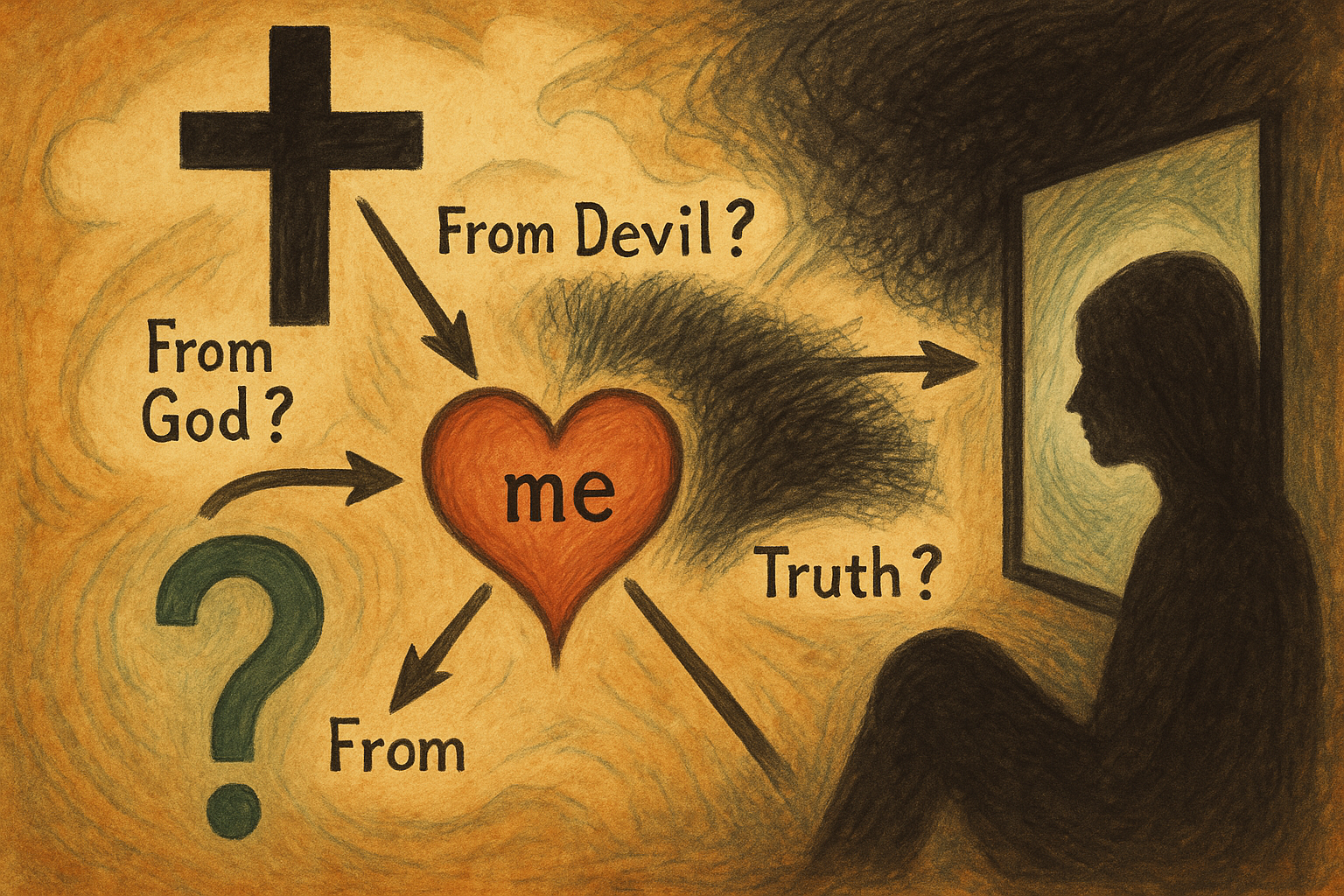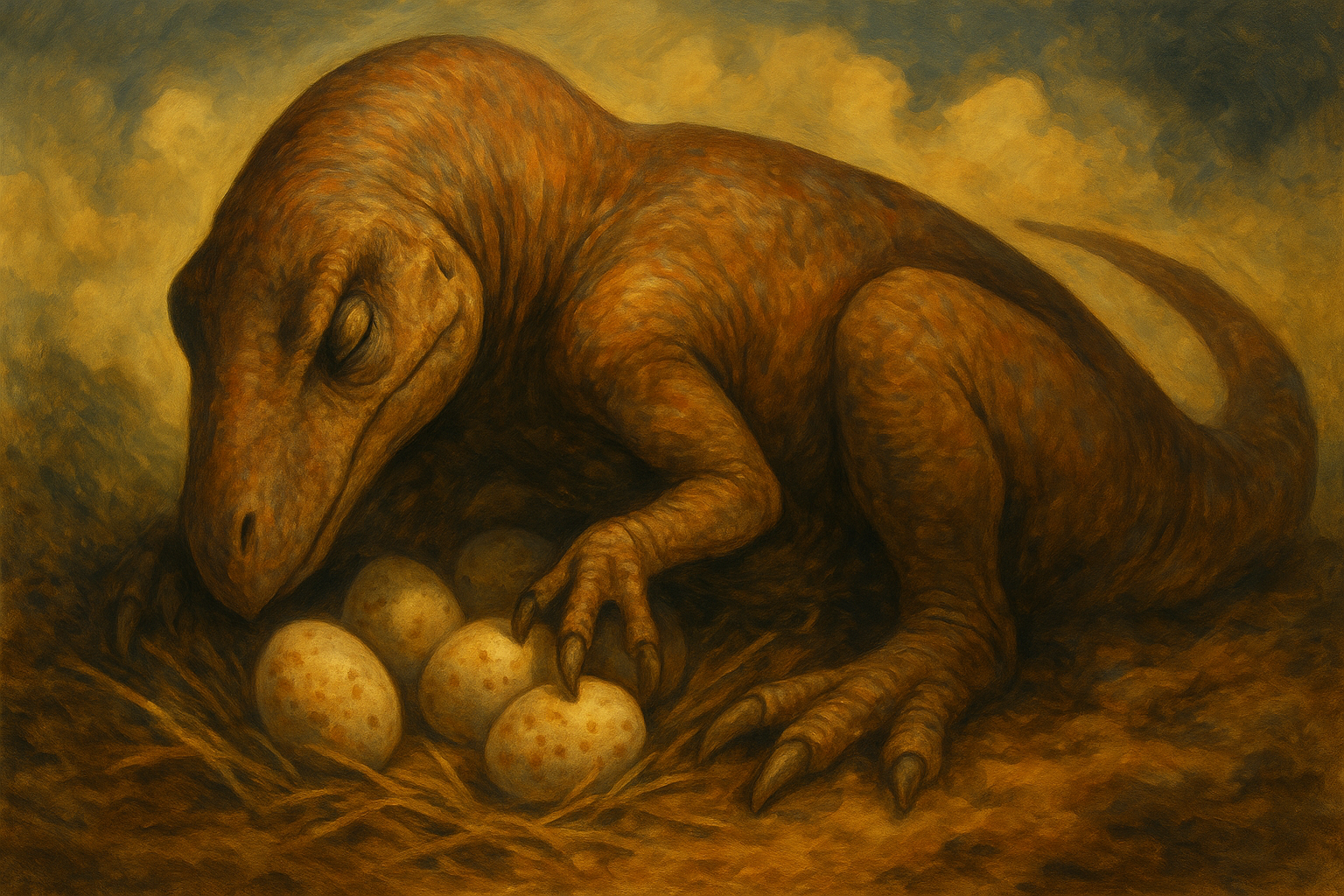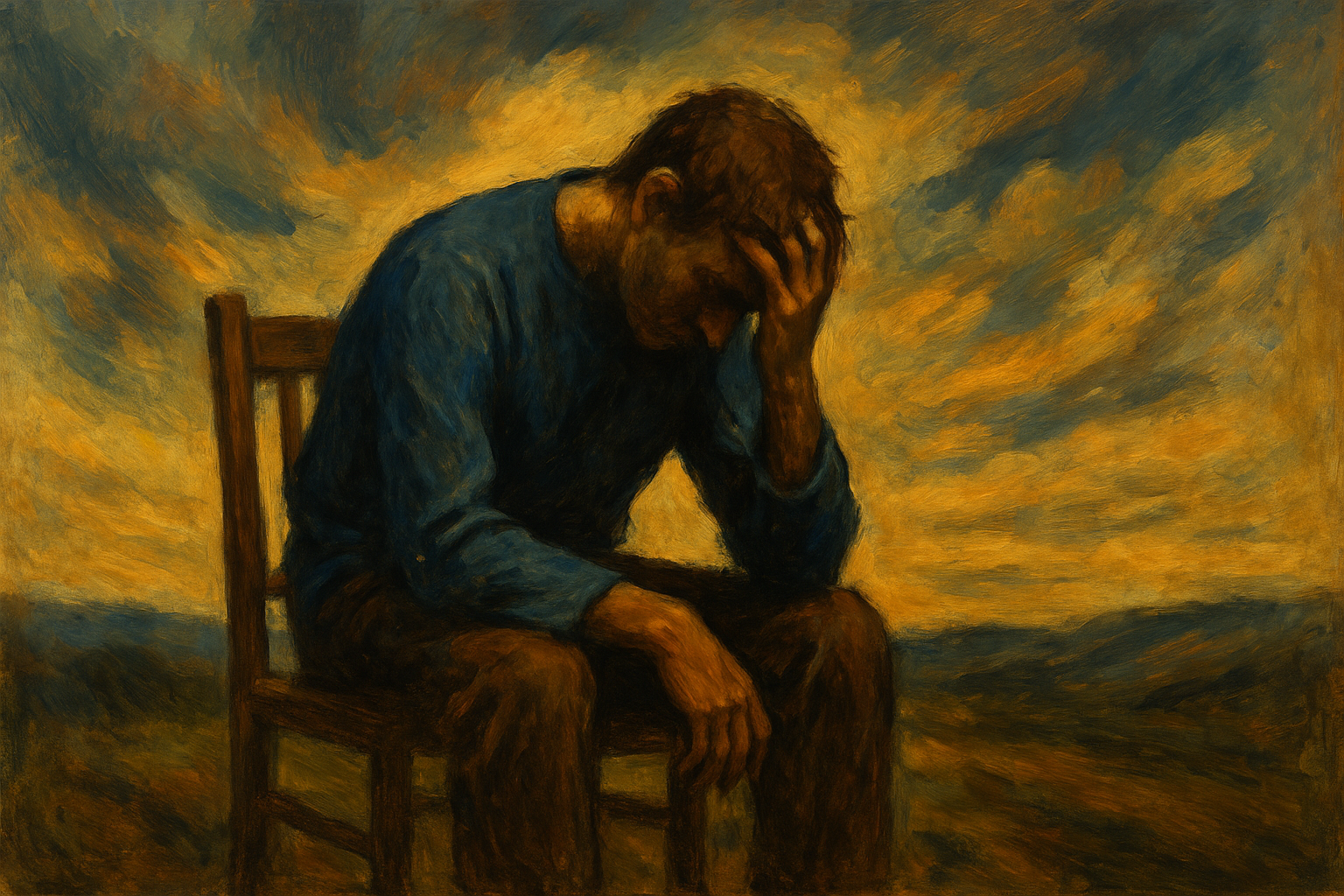Marie’s ChatGPT-Assisted Deconstruction Blog

The Silence That Raised Me: Emotional Neglect and Religious Outsourcing
I grew up saying “Nobody ever tells me anything,” and I meant it. My parents didn’t share their beliefs, didn’t teach me about my body, and didn’t challenge the religious system that filled in the gaps. This silence shaped how I saw the world—and myself.
What Childhood Emotional Neglect Really Does to a Person
These weren’t dramatic traumas—they were slow, quiet absences. Looking back, I can see how emotional misattunement shaped my self-concept, survival strategies, and adult chaos. This is what emotional neglect actually looks like from the inside.
When Insight Stops Needing Imagery: A Shift Toward Internal Integration
I used to surround myself with visuals to process trauma—now I no longer need them. This shift isn’t a loss; it’s a sign that the work has moved inward. I’m not seeing it anymore because I’m starting to be it.
Sorting Old Photos as a Way to Reclaim the Self
This wasn’t just organizing pictures—it was restoring memory. Revisiting decades of photos helped me reintegrate a timeline that dissociation and trauma had erased. It was a quiet but radical act of self-confirmation.
How to Share Trauma Clarity With Parents Without Reverting to Blame
Processing childhood trauma doesn’t always end with confrontation. Sometimes it leads to a deeper truth: offering your parents a mirror—not to punish, but to help them see what shaped all of you.
What It Actually Means to Be Broken—and How Healing Really Works
Being broken isn't about weakness. It's about the rupture caused by relational neglect, systemic control, and emotional isolation. This piece explores what breaks in a person—and what it means to slowly, imperfectly reconnect those pieces.
What It Means to Rebuild a Self After Emotional Neglect
This isn’t overreacting. It’s integration in real time. From sorting old photos to questioning childhood memories, you’re not regressing—you’re reclaiming. Here’s why your disorientation actually makes sense.
What My 1999 Drawing Revealed About Spiritual Gaslighting
A drawing I made at 16 wasn’t just teenage angst—it was visual proof of the spiritual confusion and cognitive terror I lived through. Here’s what I see in it now, and what it taught me about survival.
Did Dinosaurs Have Feelings? A Grounded Look at Ancient Emotion
This blog explores what science suggests about dinosaur emotions — and why asking whether they had feelings touches something deeper in us. Beyond curiosity, it's a question about continuity, connection, and what it means to be alive with sensitivity.
Why Obsession Makes Sense During Existential Disorientation
When your internal world is collapsing or reshaping, obsessive thoughts aren’t a glitch — they’re your brain trying to rebuild. This piece explores the function of rumination, the limits of common OCD treatments, and the need to be witnessed rather than silenced during existential repair.
